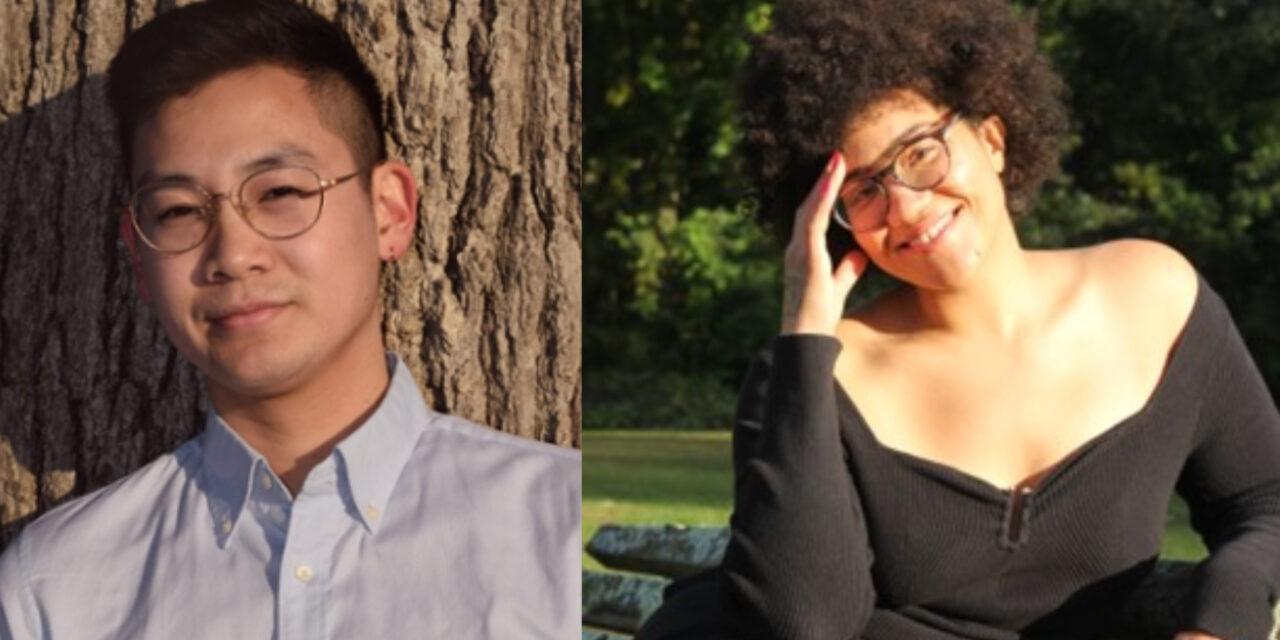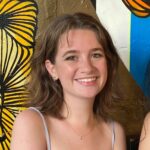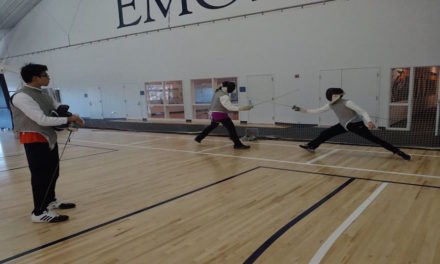Every two years, Emory University’s Creative Writing Fellowship in Poetry brings up-and-coming poets into the undergraduate creative writing program. The fellows spend two years teaching classes and developing their body of work.
Steven Duong, one of two 2023-25 Poetry Fellows, likes to write about fish. He fondly remembers his family’s fish tank, which rested right by the window in the kitchen of his childhood home in San Diego. The tank was a point of connection between Duong and his father, who cared for the animals together.
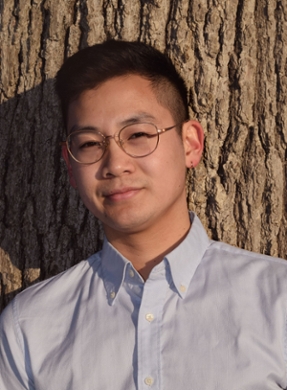
(Courtesy of Steven Duong)
“It’s one of those things where you can sit there for hours just looking at it and also kind of worrying about it, too, because you want the ecosystem to be in balance,” Duong said. “But it can’t ever really be balanced. It’s fake. It’s an artifice. It’s not real, but I was always kind of obsessed with making it look as natural as possible.”
Duong has always been a voracious reader, but he began using poetry writing as a tool of exploration during his undergraduate years at Grinnell College (Iowa). He graduated with a degree in English and a concentration in American studies. In 2019, he received the Thomas J. Watson Fellowship from Grinnell and spent a year traveling internationally and writing. He was able to visit the countries of origin of the fish he had kept in his tank as a child.
Duong’s parents moved to Canada from Vietnam in the 1980s. During his year as a Watson Fellow, Duong took a special interest in tracking the migration and displacement of different fish populations and how these animals are moved from their native lakes and oceans into American fish tanks.
“With the pet trade… it’s this massive system that moves bodies and money,” Duong said. “My parents came here looking for work and a better life — the American dream — so they’re a part of that system of bodies and capital and workers moving. I think poems are a good way to explore these kinds of questions that you can never really answer.”
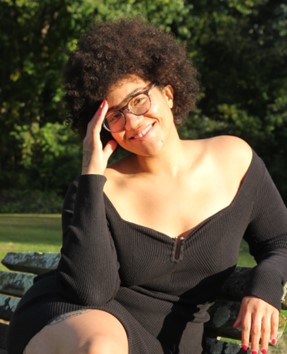
(Courtesy of Sasha Debevec-McKenney_
Sasha Debevec-McKenney, a native of Connecticut, is Emory’s other 2023-25 Poetry Fellow. She attended Greater Hartford Academy of the Arts, a magnet high school where students took courses across artistic disciplines. Debevec-McKenney was initially interested in writing short stories until she was introduced to the poetry of Lucille Clifton and Sharon Olds during her sophomore year, sparking her interest in poetry.
“We read this poem called ‘In the Inner City’ by Lucille Clifton, and I was like, ‘Oh, poetry is allowed to make sense,’” Debevec-McKenney said. “Before that, I thought the point [of poetry] was to be as obtuse as possible.”
Ever since that sophomore year poetry class, Debevec-McKenney has been writing poetry. She studied poetry at Beloit College (Wis.), where she also took several research-based American studies classes.
“To me, writing and research are super closely entwined,” Debevec-McKenney said. “Sometimes when I don’t know what to write about, the answer is to read a history book. And there’s always something in that book or that I learn that feels like a metaphor for something in my life, or something that’s happening in the world right now.”
A few years after she graduated Beloit, Debevec-McKenney made the decision to pursue poetry as a profession. She received the 2018 Rona Jaffe Fellowship at New York University, where she received her MFA in poetry and had Olds as her teacher and mentor.
“It was so special,” Debevec-McKenney said. “She literally installed the internet in her home for us [during COVID], and she always had, like, 10,000 butterfly clips in her hair.”
Both Duong and Debevec-McKenney are currently teaching undergraduate poetry courses as a part of their fellowship position. They take their roles as professors seriously, finding joy in educating a new generation of writers.
“It’s my first full-time gig as a professor,” Duong said. “I’m able to teach students and speak to students and read their writing, and it’s really raw and fresh and exciting.”
Like Debevec-McKenney, Duong views poetry to be in conversation with research, history and politics.
“In my class, I really encourage my students to do poetry research, to find books, to source language from found text,” Duong said. “Poetry for them becomes a mode of inquiry… They are not just relying on a single voice or experience. They’re always going to resist simplicity.”
Debevec-McKenney urges her students to use poetry to investigate, expand and process the world around them.
“When you write a poem, you are believing in the fact that what you think, what you saw, what you believe, what you care about and what you feel is important enough to be written down,” Debevec-McKenney said. “This is the most important thing in the world.”
Sophie Reiss (25C, she/her) is from Atlanta, GA and is majoring in history and English and creative writing. Outside of writing for the Wheel, she plays on Emory’s Women and Gender Expansive Frisbee Team, and is involved in the Emory Pulse. She enjoys taking naps in odd places and poetry.

